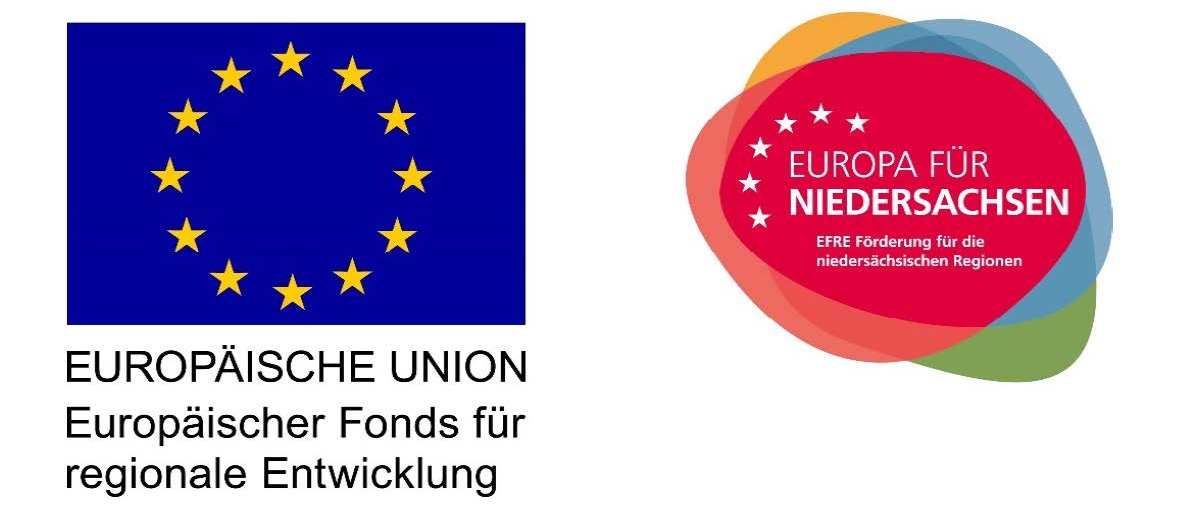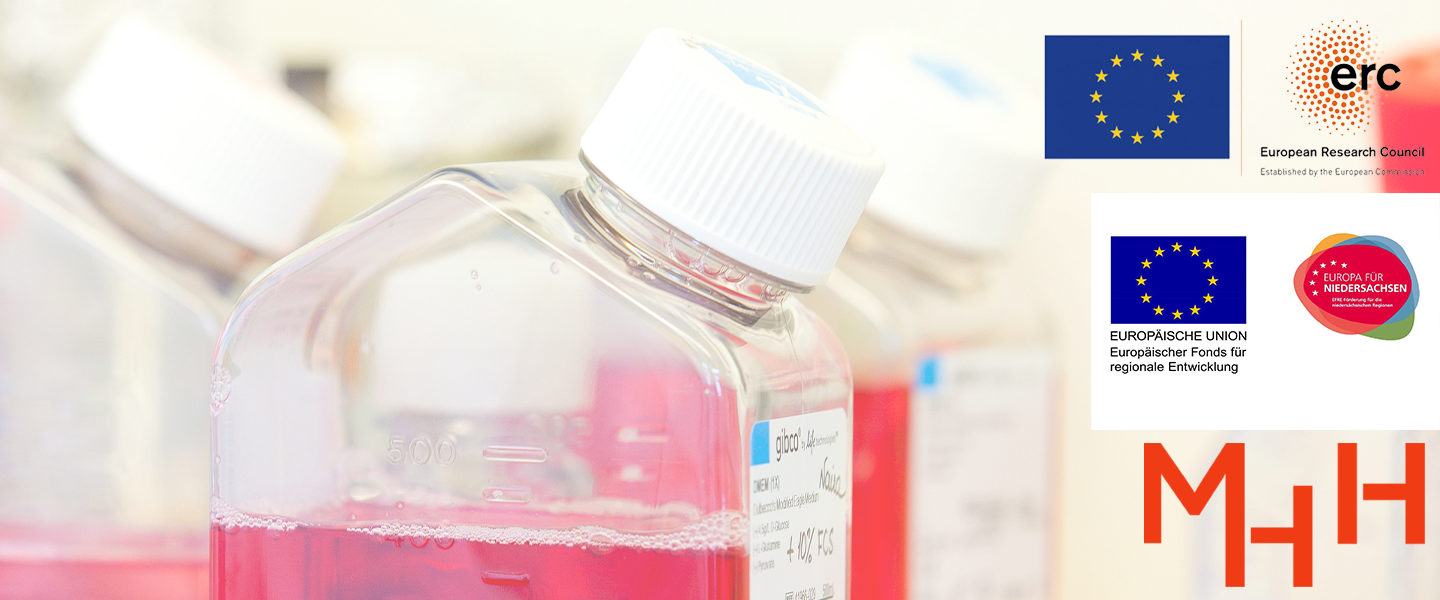Funded by the European Union
European Research Council (ERC)
Department / Institute: Institute of Pathology
Human Non neoplastic interstitial lung diseases are complex, ill understood and consist of >120 defined entities. During the first half of this projects, we were able to uncover important mechanistic pathways and characteristics of interstitial lung disease.
As the second wave of SARS-CoV-2 infections is emerging in Europe, more and more long-term consequences of COVID-19 pneumonia emerged, hinting at infection-induced interstitial lung diseases. The aim of this project is to translate our knowledge in non neoplastic interstitial lung diseases and acute SARS-CoV-2 induced pneumonia (Ackermann et al. 2020) ) onto COVID-19 and espcecially their potential long-time consequences.
Ackermann M, Verleden SE, Kuehnel M et al (2020) Pulmonary Vascular Endothelialitis, Thrombosis, and Angiogenesis in Covid-19. N Engl J Med.
https://doi.org/10.1056/NEJMoa2015432
Funded by the European Regional Development Fund (ERDF)
Department / Institute: Department of Pneumology, Molecular Pneumology, MHH; Department of Gastroenterology, Hepatology and Endocrinology, MHH; Research Group Immune Regulation, HZI
Alpha-1-antitrypsin (A1AT) is an acute-phase glycoprotein and one of the most abundant protease inhibitors in humans. A1AT is also characterized as a protein with broad immunomodulatory and immunosuppressive capacities. Levels of A1AT strongly increase during inflammation or injury. For 30 years, A1AT is used as a substitution therapy for emphysema patients with genetic A1AT deficiency, and shows very good safety and tolerance in many preclinical models.
Current scientific data indicate that microvascular damage induced by COVID-19 is a consequence of a hyperactivated inflammatory response. The aim of this project is to investigate the immunomodulatory capacity of A1AT to prevent a clinically severe COVID-19 course and to establish clinically relevant prognostic biomarkers for COVID-19 patients at the same time.
The project is conducted in cooperation between the Departments of Pulmonology, Gastroenterology, Hepatology and Endocrinology of the MHH and the HZI with access to a high-quality biosafety level 3 laboratory.
If the results are promising, we plan an immediate translation "from bench to bedside" and the testing of A1AT in a clinical phase 1 study in high-risk patients for the prevention of severe COVID-19 courses.

Further Projects funded by the EU
Department / Institute: Institute of Transfusion Medicine and Transplant Engineering
COVID-19 convalescent plasma (CCP) donated by recovered patients is a promising treatment option for COVID-19 and is being used or trialled in more than half of EU Member States. This involves CCP being transfused to sick patients to boost their ability to fight the virus. Through its Emergency Support Instrument (ESI) the European Union provides a needs‐based, coordinated emergency response to help Member States address needs related to the immediate acute phase of the COVID-19 pandemic, as well as the exit, recovery and prevention of any resurgence. The objective of this project is to facilitate urgent and efficient increases in the capacity for collection, storage and testing of CCP for the treatment of COVID-19 patients to improve their health condition, reduce mortality and decrease time in hospital. The increased availability of CCP will also be exchanged within and between Member States to deal with localised shortages and spikes in COVID-19.
